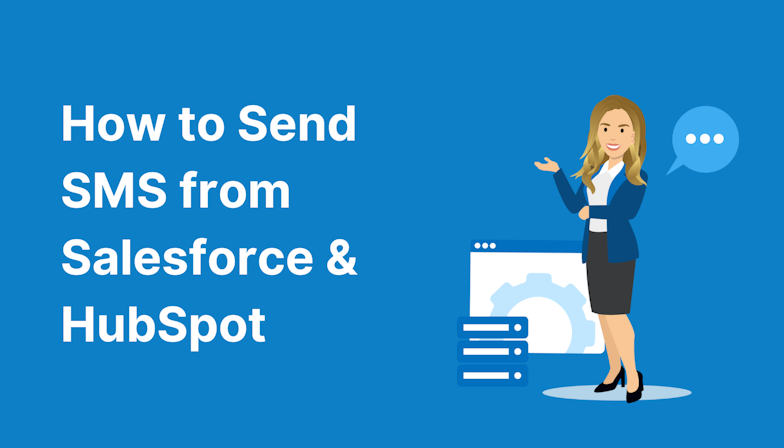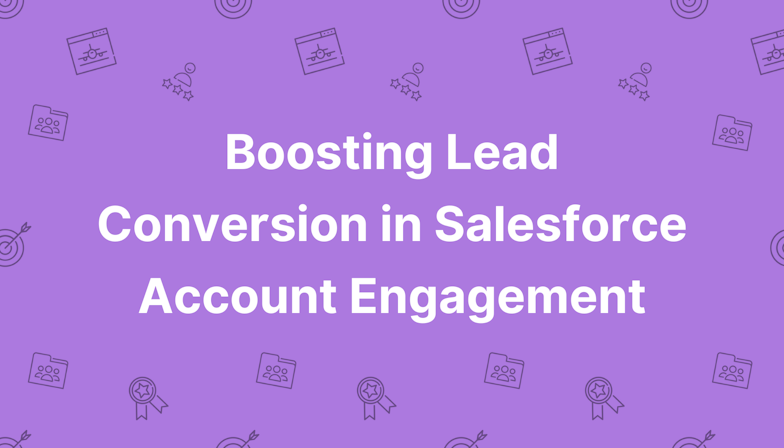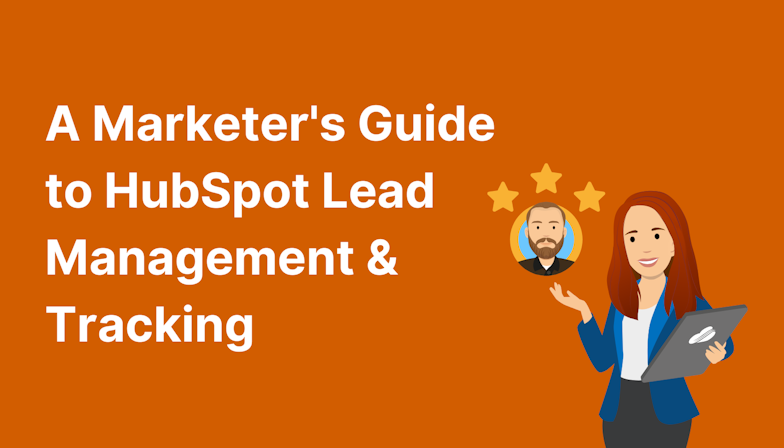With so many automation and customer management technologies available to marketers these days, it’s no surprise that some get confused between marketing automation software versus customer relationship management (CRM) software versus others. If you’re just starting down the Pardot (aka MCAE) implementation road, perhaps you find yourself asking;
And you’re not alone in pondering these questions. So let’s answer them.
Is Pardot a CRM?
No, Pardot is not classed as a CRM.
I’ve definitely come across businesses attempting to use it as their sole customer relationship management tool but ultimately, this is rarely effective because Pardot is not designed for sales and customer management (not to be confused with customer nurturing which involves sending emails to customers with brand evangelism in mind, or for cross/upsell campaigns).
The power of Pardot is in its lead generation and lead nurturing capabilities. The purpose of the platform is to grow and manage a database of prospects and leads to the point that they are ready to be handballed to the sales team for purchase or upsell.
This is why you won’t find common CRM features such as quotes or proposal management or the ability to schedule and manage meetings.
Pardot features include lead scoring and grading, email campaign automation, and marketing assets such as forms and landing pages, among others. Its focus is on enabling marketers to attract and convert potential new clients, not to manage the one-to-one sales process (although you can make your emails look one-to-one!).
Do I need both Pardot and CRM software?
The short answer is yes, and it must be Salesforce Sales Cloud.
Previously, it was possible to purchase individual Pardot licenses but these days, Salesforce literally cannot sell Pardot without a Sales Cloud license.
Pardot is most effective when marketers can tie the activity to precise sales and revenue, allowing them to demonstrate ROI, and this requires integrated CRM software. Salesforce is well aware of this so the two products come hand-in-hand.
Although, for the record, it is possible to set up users who can only access Pardot (via Salesforce Identity Licenses) and you can read more about user licenses and the like here.
How do I integrate Pardot with Sales Cloud?
Pardot is owned by Salesforce, so naturally, Sales Cloud CRM is the only system you will be able to use for setup and integration. This isn’t a restriction either! The two are well known for being the best-integrated MAP tools in the space. There’s a reason Pardot doesn’t integrate with other CRMs!
According to Statista, Salesforce is the number one ranked CRM for market share, globally.
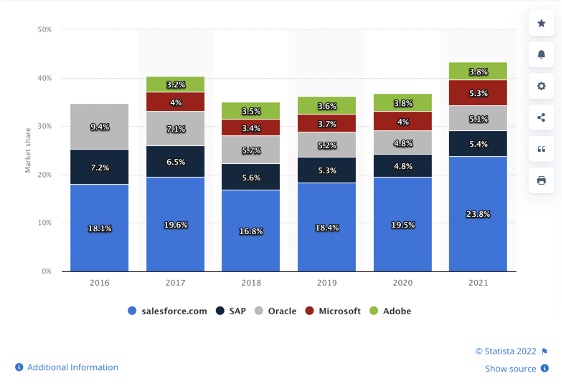
It gives you the best CRM features and support in the industry and because Pardot and Sales Cloud are designed to work together nicely, the integration comes out of the box.
Needless to say, there are still some settings and configuration to navigate, and integrating Pardot and Salesforce when you first implement is vital to ensuring your data syncs correctly and users in both accounts receive the proper insights and information they need.
At MarCloud we offer free audits of Pardot accounts and often, we see straight away there are sync issues that need resolving. That’s why we’ve written plenty of content about integrating Pardot and Salesforce:
- The Ins and Outs of Pardot and Salesforce Integration
- Understanding Pardot and Salesforce Sync Behaviours
- Common Pardot Sync Errors & How to Approach Them
Pardot vs other marketing automation software
Still unsure of whether Pardot is the right marketing automation solution for your business? As a dedicated Pardot and Salesforce Marketing Cloud consultancy, we’re a little biased but we strongly believe that Salesforce products are the best on the market.
Pardot (recently renamed Marketing Cloud Account Engagement) is ideally suited for business-to-business marketing, whereas Salesforce Marketing Cloud (SFMC) is tailored more towards business-to-consumer. You can learn about the differences between Pardot and Marketing Cloud on our blog and also understand how the renaming of Pardot affects them.
We’ve also published a handy summary of how Pardot compares with two of the major B2B marketing automation players, HubSpot and Marketo.
Getting ready to implement Pardot? Download the free Pardot Implementation Checklist for the steps to a great setup.

Tom Ryan
Founder & CEO of MarCloud, Tom has been on both sides of the fence, client-side and agency, working with Salesforce platforms for the best part of a decade. He's a Salesforce Marketing Champion and certified consultant who loves to co-host webinars and pen original guides and articles. A regular contributor to online business and marketing publications, he's passionate about marketing automation and, along with the team, is rapidly making MarCloud the go-to place for Marketing Cloud and Salesforce expertise. He unapologetically uses the terms Pardot, Account Engagement and MCAE interchangeably.
More by Tom RyanFeatured resource
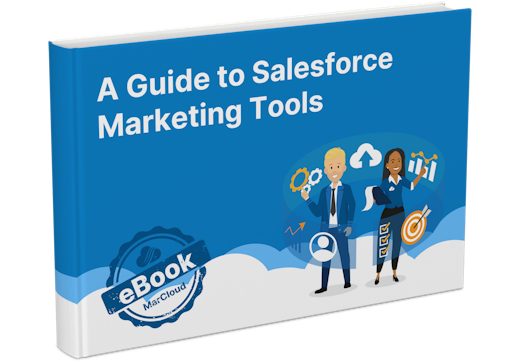
Salesforce Marketing Tools
With the eBook ‘A Guide to Salesforce Marketing Tools’ in your arsenal, you’ll have a go-to, comprehensive, expert guide to understanding and selecting your perfect Salesforce marketing platform(s), be it Marketing Cloud Account Engagement (Pardot) or Engagement, and the products available to each.
Download now